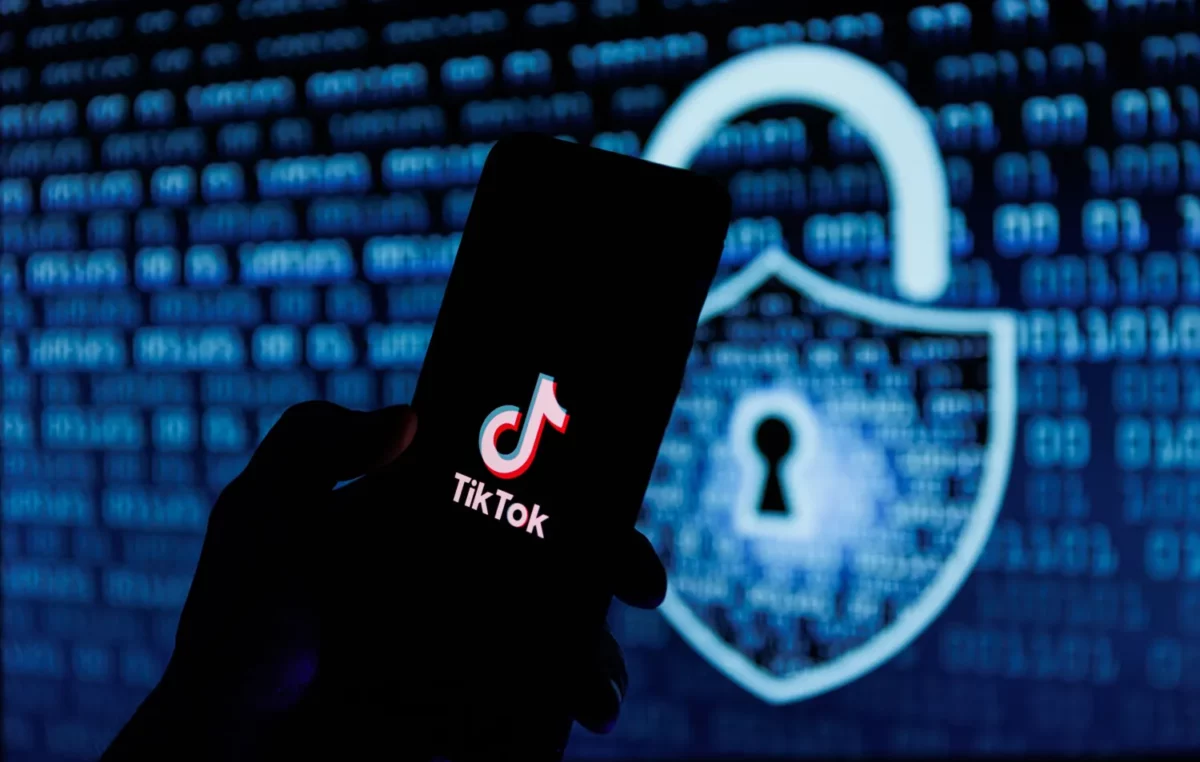TikTok, a viral short-form video app that took the world by storm, has become the epicenter of a global dilemma concerning data privacy, explicit content, and national security concerns.
In a world that has seen the rapid evolution of technology and its integration into everyday life, the rise and fall of popular social media platforms is a reflection of the complex relationship between innovation and regulation.
Once celebrated as a creative outlet for users to express themselves through bite-sized videos, TikTok is now under intense scrutiny.
![TikTok has long denied allegations that it puts sensitive user data into the hands of the Chinese government.[Photo/Courtesy]](https://news.switchtv.ke/wp-content/uploads/2023/08/00xp-tiktok-explainer-01-jpqh-superJumbo-v2-1200x800.webp)
The platform’s parent company, ByteDance, based in China, has come under suspicion for potentially sharing sensitive user data with the Chinese government.
Lawmakers and regulatory bodies in multiple countries have raised alarm bells about the security of user information and the potential for malicious use.
The United States government, as well as various European nations, have taken steps to restrict TikTok’s access to government devices.
India, one of the platform’s largest markets, banned TikTok outright due to concerns over data privacy. While some advocate for complete bans, others are pushing for stricter regulations and greater transparency.
![TikTok was banned in India in 2020, but a review by Forbes found that the company's employees can still mine some of Indians' most sensitive data. [Photo/Courtesy]](https://news.switchtv.ke/wp-content/uploads/2023/08/1960x0.webp)
Kenya, like many other nations, is grappling with these challenges. The proliferation of explicit content and the platform’s potential to exploit the vulnerability of children have raised significant concerns.
Read also: What Happens in Kenyan TikTok Live Videos at Midnight
The Minister of ICT, Eliud Owalo, has expressed the government’s commitment to protecting online users through comprehensive regulations, but the complexity of the issue remains.
“If there is a way that we should strengthen the existing policy and regulatory framework we will go ahead and do that. If there are concerns with feasible proposals on how we can improve the Computer Misuse and Cyber Crimes Act 2019 we are willing to review and update the act while in partnership with other arms of government like the National Assembly,” he said.
![Kenyan Minister of ICT, Eliud Owalo [Photo/Courtesy]](https://news.switchtv.ke/wp-content/uploads/2023/08/OWALO.webp)
“That has guidelines within the confines of the law that we should not exploit children in the cyberspace and let us start with self-introspections as Kenyans. I have said and I want to repeat that we may have laws that must also be augmented with the responsibility of Kenyans. We cannot leave everything to law. The law may exist but we still dance around the law. We must change the mindset of the people,” he further added.
As the debate intensifies, the broader implications of the TikTok dilemma come into focus.
Governments and societies are at a crossroads, forced to balance innovation and freedom of expression against data security and national interests.
The conversation extends to other social media giants, such as Instagram and Facebook, who have faced similar challenges in their journey to redefine communication in the digital age.
Read also: How to Withdraw Money from Your TikTok Account: Step-by-Step Guide
The key question that remains is whether a complete ban on TikTok is the solution or if a more nuanced approach, like stringent regulations and industry collaboration, can address the concerns without stifling creativity and connectivity.
Subscribe to Switch TV
















